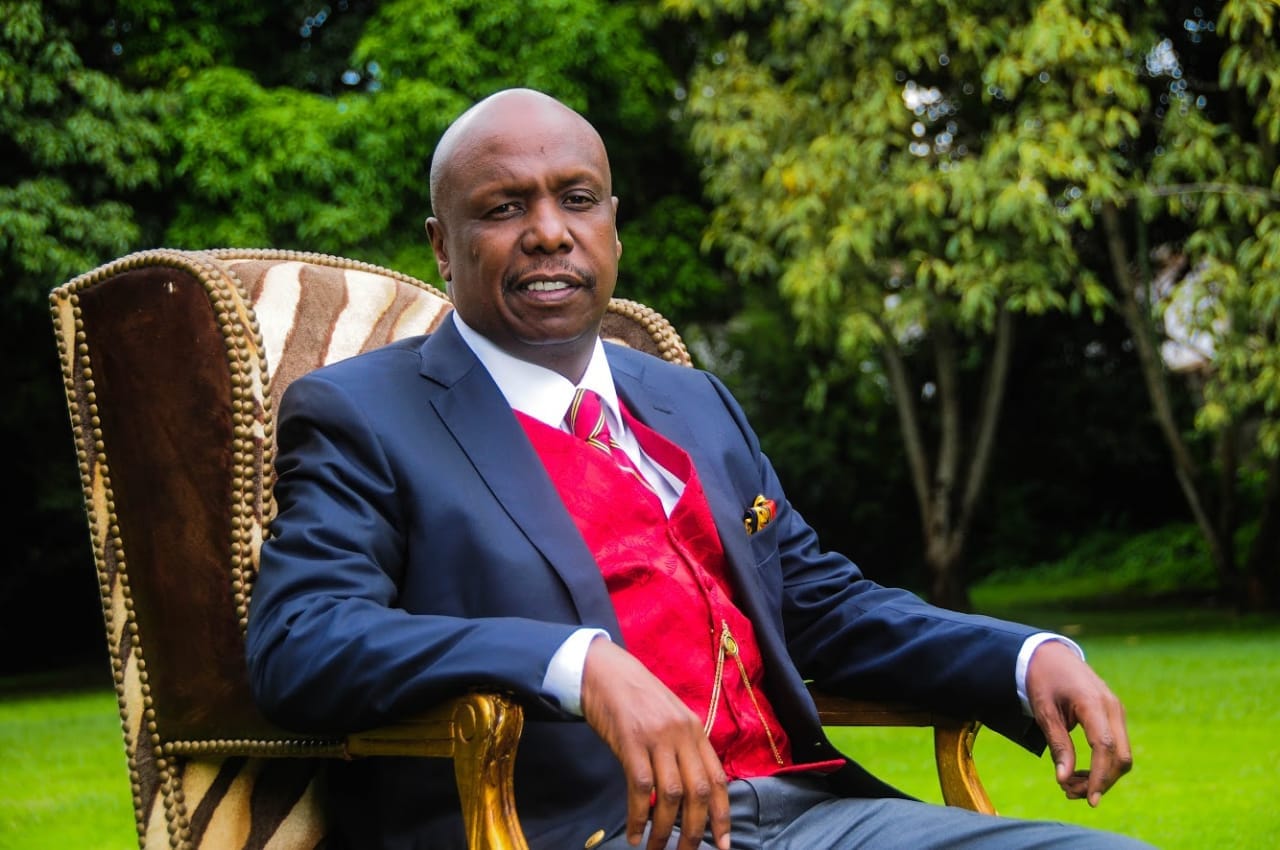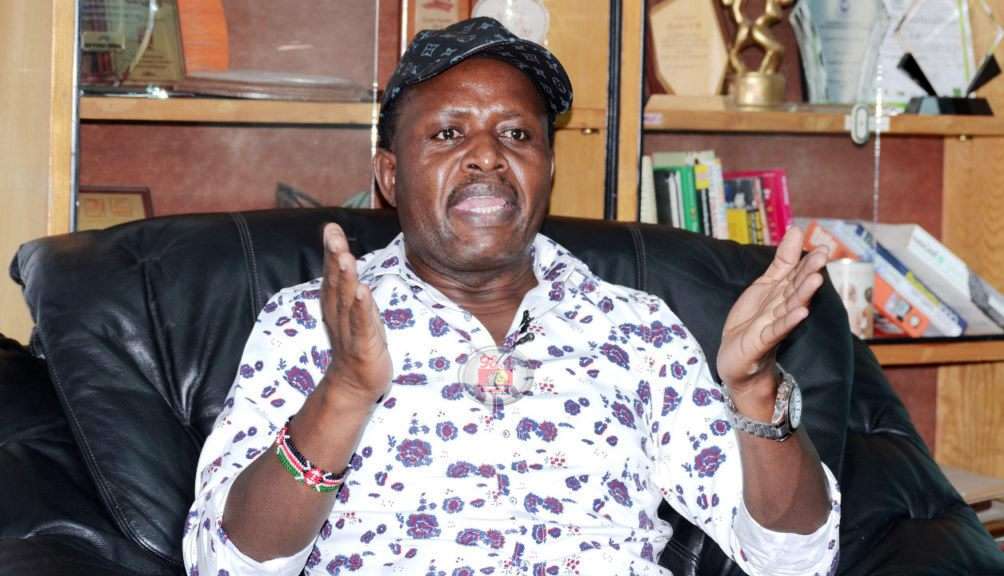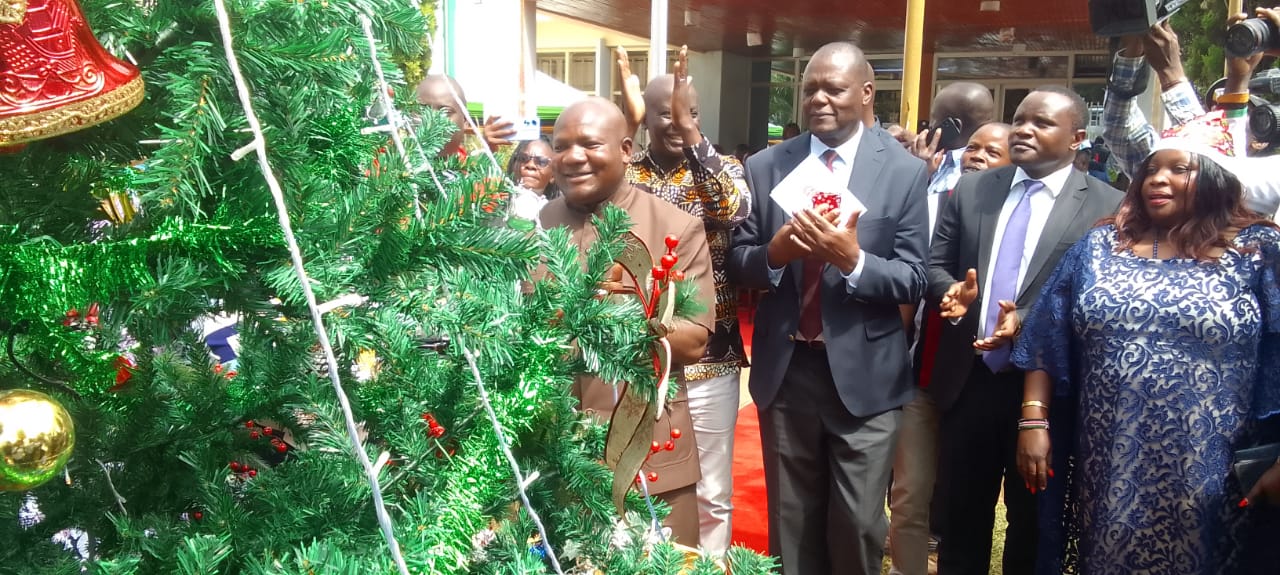Analysts suggest that the church’s refusal to accept President Ruto’s donations is rooted not only in questions of financial transparency but also in his failure to deliver on campaign promises made to religious leaders. Among these commitments was Ruto’s pledge to include a prominent religious leader in his cabinet and to the creation of a ministry dedicated to religious affairs, both of which have not materialized
In a stunning turn of events, the Catholic and Anglican Churches in Kenya have declined to accept monetary donations from President William Ruto, citing concerns about the legitimacy of the funds and the President’s inability to provide a clear account of their origins. This unexpected move has raised eyebrows across the country, sparking a heated debate on the deeper reasons behind the rejection.
Historically, churches have played a critical role in Kenya’s political landscape, and Ruto’s campaign in 2022 was no exception. The church supported his rise to power, and he, in turn, made significant promises to religious leaders. However, it now seems that a growing rift has developed even wider between the churches and the President, with the rejection of his donations marking a significant shift in the relationship.
Analysts suggest that the church’s refusal to accept Ruto’s donations is rooted not only in questions of financial transparency but also in his failure to deliver on campaign promises made to religious leaders. Among these commitments was Ruto’s pledge to include a prominent religious leader in his cabinet and to the creation of a ministry dedicated to religious affairs, both of which have not materialized.
This unfulfilled promise appears to have stirred dissatisfaction among the leadership of both the Anglican and Catholic churches, who were once among Ruto’s strongest supporters. Sources within the church have expressed frustration over the lack of action on these key issues, with some arguing that the rejection of Ruto’s donations is a form of protest against his alleged failure to keep his word.
In the wake of the rejection from the mainstream churches, President Ruto is reportedly redirecting his financial contributions to smaller, more receptive churches. These churches, according to sources within the Kenya Kwanza administration, are more likely to accept donations without the scrutiny applied by larger denominations.
Ruto’s decision to focus on smaller congregations is seen by some as a strategic move to secure the church’s support for his political agenda. Critics argue that the President is attempting to use financial contributions to manipulate church leaders and secure their endorsement, especially in light of the church’s crucial role in his 2022 election success.
The Catholic and Anglican Churches’ resistance has raised further questions about the growing divide between Kenya’s political leadership and religious institutions. What began as a mutually beneficial relationship between President Ruto and the church now appears to be fracturing, with both sides facing off over issues of integrity, political promises, and financial influence.
As the situation unfolds, it remains to be seen whether Ruto can repair the relationship with the mainstream churches, or if his focus on smaller congregations will succeed in rallying support for his administration. One thing is clear: the political landscape in Kenya is shifting, and the church, once a pillar of support for Ruto, may no longer be as firmly in his corner as it once was.





